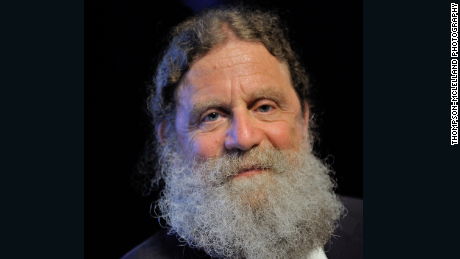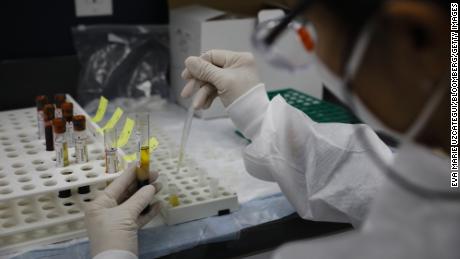Consider our current situation, where we are being asked to balance two monumentally impactful numbers in our heads — the 150,000+ new Covid-19 cases a day (and the threat that it’s going to get worse), and the reports that two new coronavirus vaccines are nearly 95% effective—and that things could get better.
Those numbers are a mix of present tense disaster and future tense hope. One of these involves willpower — we dangle from a cliff and people shout, hold on, just hold on, help is on the way, keep doing what you’re doing to keep from plummeting. Wear that mask; wash those hands; remember the common good.
The other scenario involves sheer good fortune: we’re like late-WW II concentration camp prisoners getting snatches of news: the Allies are 90 miles away, they’re 60 miles away. For them, it was luck that had to hold on. Now, luck consists of those who are forced to live and work in the most dangerously infectious circumstances not getting sick.
Future-tense hope is complicated by the fact that the future is a fragile place, cognitively. Sacrificing immediate pleasure (a big gathering at Thanksgiving, for example), for a bigger future gain (less sickness and death) is tough for humans.
Humans show, for one thing, what is called temporal discounting–or as a famous experiment from the 60s framed it: “You can have this marshmallow now, but if you wait, you’ll get two — which do you choose?” We have a strong tendency to go for the one marshmallow now, to discount the desirability of a bigger reward whose delivery stretches towards the horizon of the future.
Aficionados argue as to whether temporal discounting is “exponential,” where for every additional unit of time you have to wait, the reward’s desirability is halved, or “hyperbolic,” where the self-discipline needed declines even faster (“I’m sick of wearing this mask and I won’t do it anymore”). In either case, it means that we’re lousy at gratification postponement.
Another problem is that we have trouble believing that there will actually be a future for us that differs from the present, something known as the end-of-history illusion. Ask someone, say, how much would she pay to go to a concert by her favorite band from 10 years ago? “Them? Two cents, I’m embarrassed I ever listened to them.” How much would she pay in 10 years to go to a concert by her current favorite band? “A zillion dollars — they’re going to be even more awesome then.”
The present focuses the mind, and it’s hard to imagine that it will soon be just another piece of the past.
All of which makes it difficult for the promise of nearly 95% in the future to sustain us in the 150,000+ present. Nonetheless, there is some hope that we will manage some hopefulness. This is because we’re not being asked to imagine that nearly 95% will usher in an unimaginable future, one where within a few years, not only will the virus be gone, but that the huge failings and challenges it has exposed—the urgency around providing health care for all, stopping global warming, vanquishing inequality and reining in police misconduct—will be resolved.
Instead, nearly 95% promises to usher in a future we are able to imagine because it is one filled with things we remember. Much has been made of how “Make America Great Again” has dog-whistled a benighted time when hierarchy based on race, ethnicity, religion and gender reigned supreme.
Instead, nearly 95% promises a real and righteous version of making America great again for all of us — making it a place where acquaintances can shake hands, friends can break bread together, children can actually go to schools and return home and hug their grandparents. A place where we can regain the things that nourish us and regather our determination to make a truly better future for America, sooner rather than later.
That is something that can sustain us amid the sacrifices we must continue to make.









